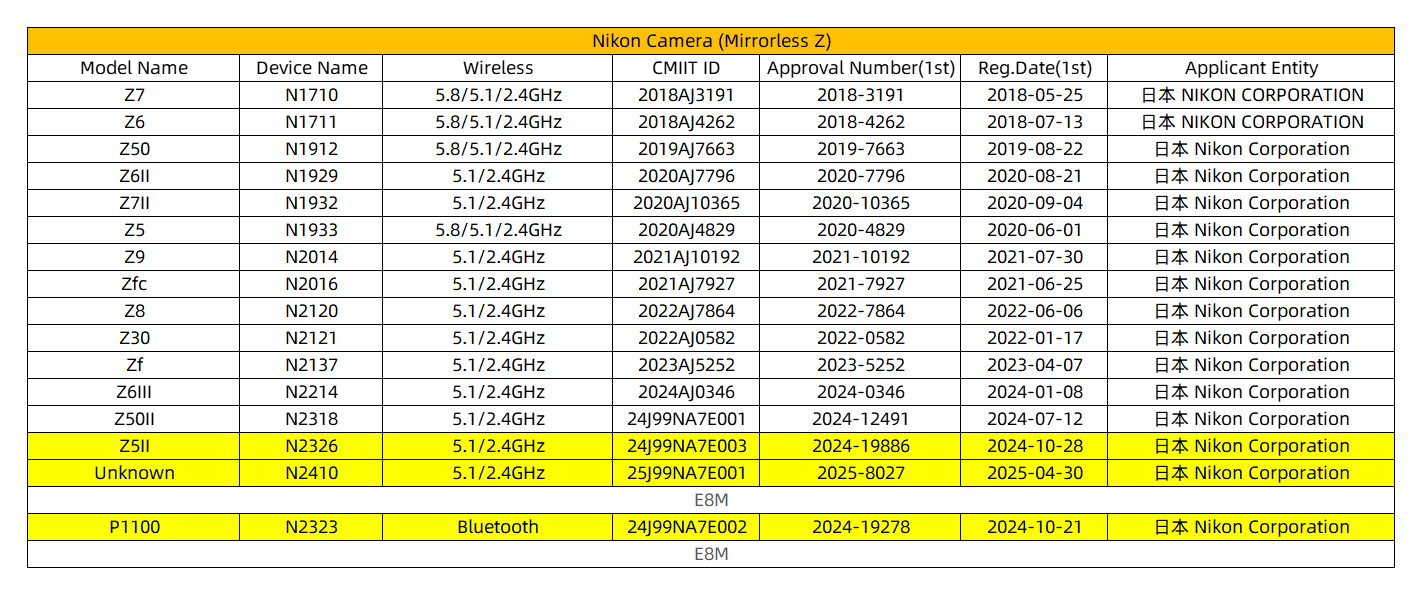Temporary tariff reprieve struck between the US and China for 90 days
Image: General_4530 / Moment via Getty Images Over the weekend, the United States and China agreed to a 90-day suspension of most tariffs imposed since April. This latest development could offer short-term relief in an ongoing trade dispute that has disrupted global shipping and raised prices for US consumers. Previously, the US had paused reciprocal tariffs for other countries, though it had excluded China from that pause. In a joint statement released this morning, both governments said the pause would allow time for continued negotiations. US Treasury Secretary Scott Bessent confirmed the "90-day pause" agreement following talks with officials in Geneva, stating that "reciprocal" tariffs would be reduced by 115% on both sides. US tariffs on Chinese goods will drop to about 30%, while China will reduce its levies to 10% on American imports. The previously proposed tariffs from early April involved US tariffs of up to 145% on Chinese imports and Chinese tariffs of 125% on US goods, which slowed trade significantly. Major ports reported sharp drops in traffic, and the international shipping and logistics firm DHL Express suspended shipments to the US with a declared value of over $800. Sigma America, Canon and others have already announced their plans for increased prices as a result of the US-China tariff war. Tamron also announced that it was shifting where its lenses are manufactured based on the tariffs. What this pause means for those companies is unclear. Given that it's a temporary solution, it's unlikely we'll see any walkback on plans to increase prices. Officials on both sides characterized the Geneva talks as productive. "It's important to understand how quickly we were able to come to an agreement," said Jamieson Greer, a senior US trade representative. For now, with tariffs temporarily eased and talks ongoing, all manufacturers and importers can do is watch and wait. Hopefully, the pause becomes a path toward resolution rather than a delay before the next disruption.

 |
| Image: General_4530 / Moment via Getty Images |
Over the weekend, the United States and China agreed to a 90-day suspension of most tariffs imposed since April. This latest development could offer short-term relief in an ongoing trade dispute that has disrupted global shipping and raised prices for US consumers. Previously, the US had paused reciprocal tariffs for other countries, though it had excluded China from that pause.
In a joint statement released this morning, both governments said the pause would allow time for continued negotiations. US Treasury Secretary Scott Bessent confirmed the "90-day pause" agreement following talks with officials in Geneva, stating that "reciprocal" tariffs would be reduced by 115% on both sides. US tariffs on Chinese goods will drop to about 30%, while China will reduce its levies to 10% on American imports.
The previously proposed tariffs from early April involved US tariffs of up to 145% on Chinese imports and Chinese tariffs of 125% on US goods, which slowed trade significantly. Major ports reported sharp drops in traffic, and the international shipping and logistics firm DHL Express suspended shipments to the US with a declared value of over $800.
Sigma America, Canon and others have already announced their plans for increased prices as a result of the US-China tariff war. Tamron also announced that it was shifting where its lenses are manufactured based on the tariffs. What this pause means for those companies is unclear. Given that it's a temporary solution, it's unlikely we'll see any walkback on plans to increase prices.
Officials on both sides characterized the Geneva talks as productive. "It's important to understand how quickly we were able to come to an agreement," said Jamieson Greer, a senior US trade representative. For now, with tariffs temporarily eased and talks ongoing, all manufacturers and importers can do is watch and wait. Hopefully, the pause becomes a path toward resolution rather than a delay before the next disruption.




















































































































































































.jpg)














































































